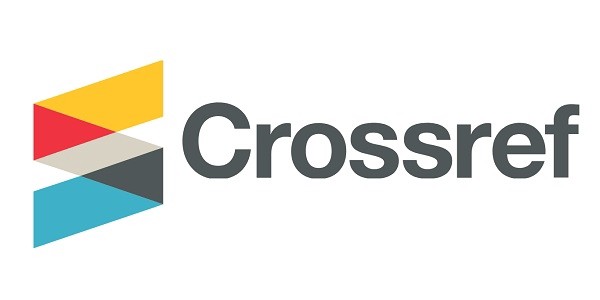This research aims to identify the impact of a training programme that adopts the talents unlimited model (TUM) on the development of divergent thinking skills of elementary school students in the UAE, and on enhancing their motivation for creativity by using the experimental method. The research aims to answer two main questions: that are related to the impact of the activities of the multiple talents programme on developing the creative thinking skills of sixth-grade students in the UAE and developing their motivation for creativity. The research sample consisted of 42 female and male students from Al Nouf Elementary School for Girls in Sharjah, and from Al Bidaa Elementary Education School for Boys in Fujairah, divided into experimental and control groups. To achieve the research objectives, the study designed a training programme that follows the talents, unlimited model. In addition, a motivation scale was developed consisting of 29 Likert items. The results indicated that there are statistically significant differences between the averages marks of students in the experimental and control groups in favour of the experimental one on the dimensional and total divergent thinking test (the grand total) and its five sections (title, details, originality, flexibility, fluency) and on the motivation test in its six dimensions. The results indicated that the programme managed to moderately interpret the dependent variable. Based on the results, the researcher concluded that the talents unlimited model has a significant impact on developing divergent thinking skills among the subjects in the experimental group. The students acquired the skills to develop and provide various ideas. In addition, the model enhances the students’ ability to suggest creative and unconventional ideas. The talents unlimited model activities have a clear statistical significance as demonstrated by the average scores of the experimental group. Subjects in this group showed a high level of thinking skills and motivation for creativity.







